5 Reasons Why Your Social Media Marketing Isn't Paying You Back (and 5 Fixes)

There's a distinct and consistent increase in money allocated to social media spending by businesses (on ads, social talent and content creators) year after year, but unless the money is properly appropriated, the investment could return a lazy return on investment (ROI).
In the haste of staying up-to-date with available platforms to advertise, and keeping up with competitors who are leveraging them, brands often lose sight of what really matters: the results.
If you're just pushing content on social media and are not sure what's happening behind the scenes, here are possible traps that you may have stepped into (and how to get yourself unstuck in them).
1. The blanket strategy
Delivering the same content on multiple social media channels and to diverse audiences is an ineffective approach. Tailored messages to segmented email contacts, personalized offers and behavioral cue based content are taking precedence over the "blanket strategy" because of increased conversion efficiency.
When creating content for your audience, break them down into groups with common behaviors and hit the nail on the head.
Always address the audience you hope to attract when sharing content with them.
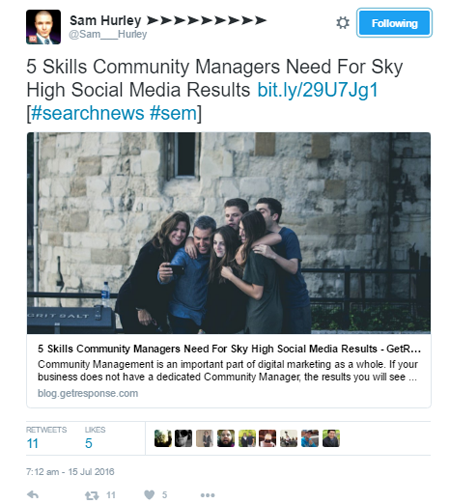
As for curating content choose themes to fite each of your audiences. You could attach multiple social media accounts to a social media content curation app, like DrumUp and set different sets of keywords to match interests of different groups of audiences for customized content recommendations to share.
To identify interests of your audience, you could use audience insights linked to each of your social platforms - Facebook, Twitter or LinkedIn, or use a stand-alone analytics tool like SumAll.
2. Absence of conversion optimization
You can't rely on permanent static content to captivate your audience anymore. Brands are investing in landing page conversion optimization by leveraging data crunched by intuitive monitor-and-report tools.
Unless you consistently observe and correlate content formats and messages and the traffic generated by them to identify and refine your design, text and messaging, your growth curve will bear the brunt of it.
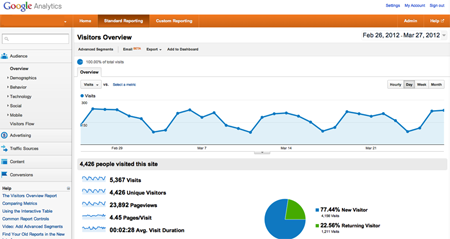
Your content marketing strategy should reflect on data and insights gathered on social ad campaigns, and every piece of content you publish, especially if it is paid.
Some brand employ conversion rate optimization platforms like Optimizely, but you could also explore free resources like Google Analytics.
3. Purchased likes and reviews
The territory of purchased social fans comes with the uncertainty of their value; You can't be sure they'll buy or that they'll even engage with you on social. They aren't as valuable as the real deal.
Several times, buying fans leaves you with dummy accounts, an irrelevant audience, dead accounts and in the worst scenario, fans who can cause damage to your brand reputation.
Your wall could end up with spam, little to no engagement and lower "taking about this" numbers, according to research conducted by WAM enterprises.
As far as purchased reviews go, the market is growing smarter. If your reviews look over-the-top and your ratings seem suspiciously steep, customers will catch on and slam your brand. Bad rep once created can't be undone.
4. Low reach and visibility
Likes are bought to create the facade of popularity, with the ultimate goal of expanding a company's reach and exposure on social media. If your content isn't visible it can't generate interest and conversions.
There are reliable and legit means to win the same recognition.
Employee advocacy
Inspire your employees to get involved and help spread the word via their social accounts. Employees are more trusted than brands are on social media and also happen to have at least 100X the connections that a brand does.
Customer generated content
Your customers are valuable sources of content for marketing. Create a contest or activity that requires them to submit stories or photographs that involve your brand. You could also conduct simple retweet contests to boost how far your content travels on social media.

Here's an example of customer generated content which is a result of Yoga Wear Brand Lululemon's #thesweatlife campaign.
Influencer marketing
Social media influencers are powerful channels of their own for dispelling content. However, it isn't the reach that defines an influencer but the specificity. The trick is to identify social media marketers who can drive action in your niche.
Tools like FollowerWonk and InkyBee are great for influencer research.
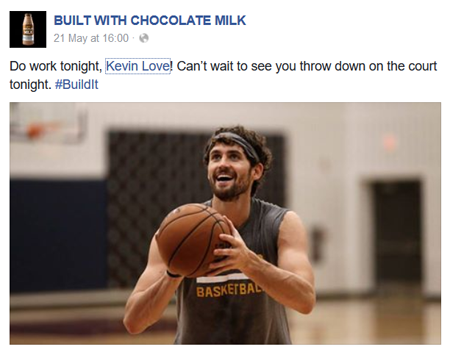
Here's an instance of a brand that turned introduced a children's drink into the adult market by leveraging influencers with the right image (here an NBA star).
5. Lack of truly compelling content
Marketing is an art more than it is a science, because while people can learn to read data and leverage it to grow leads or generate revenue, it is the content that really stands the test.
Your content must capture interest, hold attention and lead readers to follow your call to action. It is a discipline - testing, learning and implementing ideas and methods of writing to market.
Use effective content formats to convey your case:
Visuals
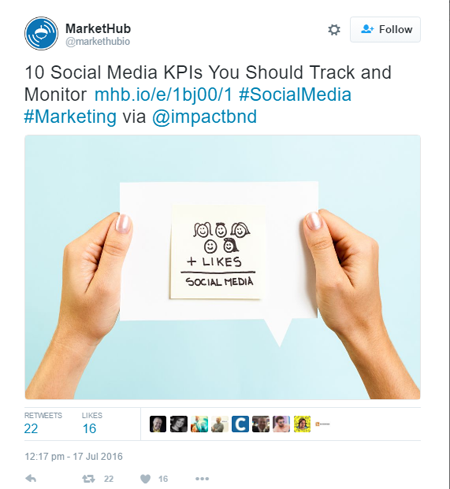
Simple but eye-catching depictions of ideas also work well. Try and use graphs, infographics and photographs to up your engagement.
Audio

Audio via podcasts is another interesting idea to try, to make it even easier for your access your content when they are on the go.
Stories
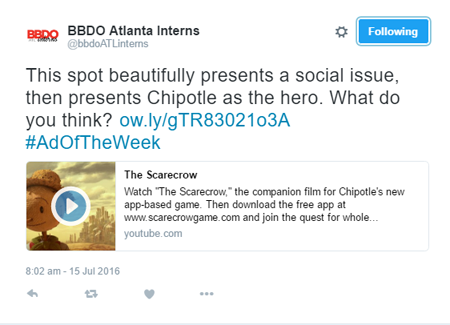
You don't have to present your brand as the hero. Ideally, your audience should be presented as the protagonist and your brand the guide that leads them to a solution.
Contests
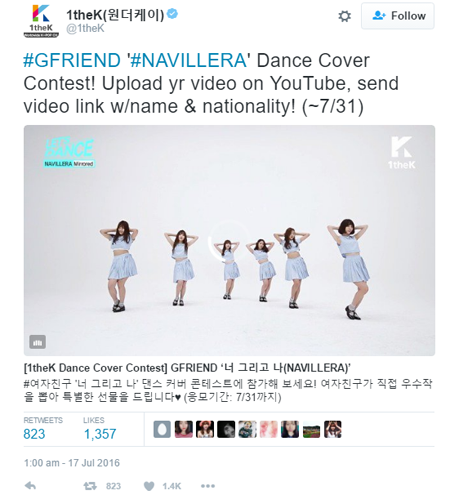
Fun contests with exciting giveaways generate a lot of enthusiasm. Include your brand as an elemenet in the contest and you could have yourself a lot of exposure.

Subscribe to Our Newsletter!
Latest in Social Media










